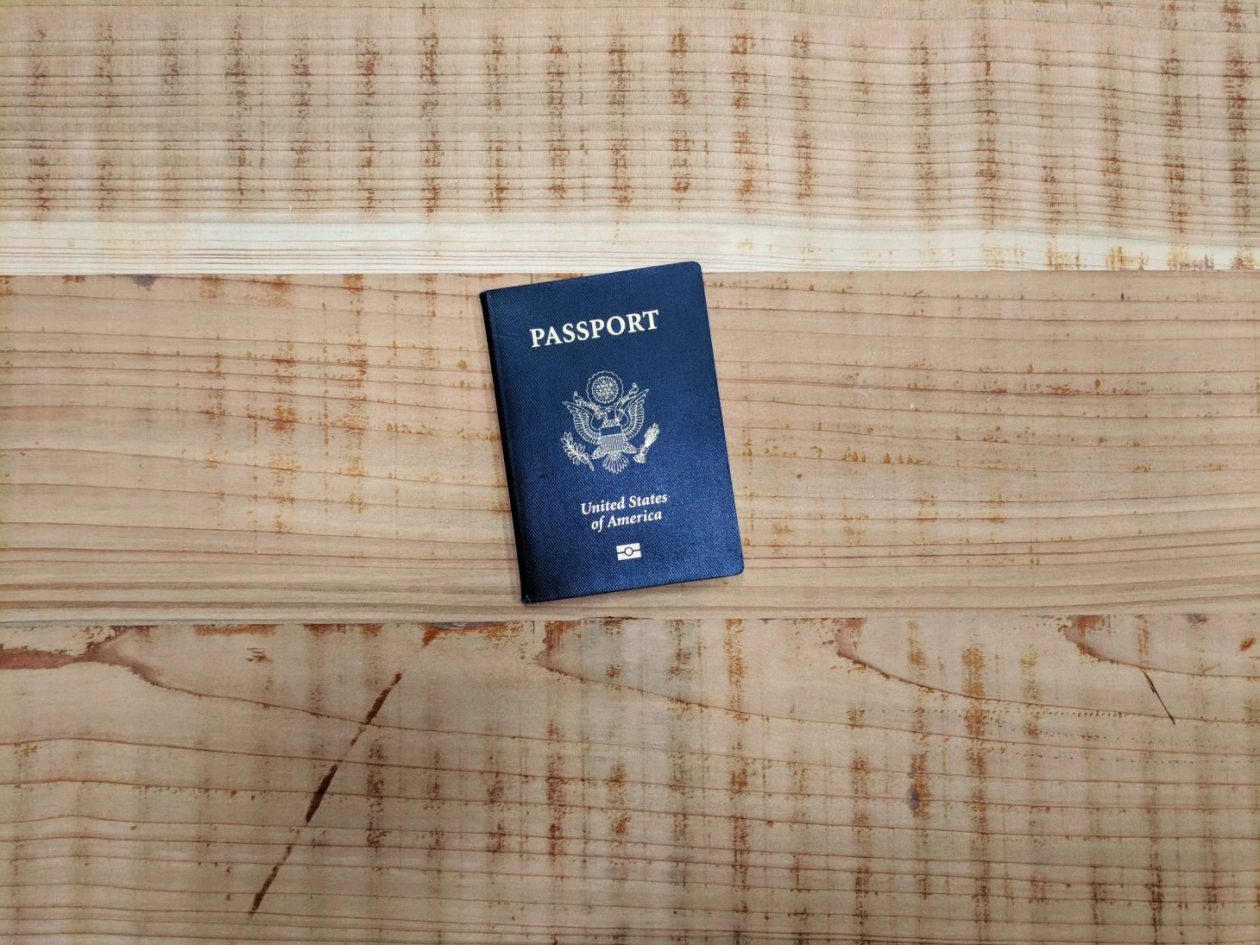Table of Contents
- Planning Your Study Abroad Journey in the U.S.
- 2. Confirm Institutional Accreditation and Program Recognition
- 3. Check for International Student Services and Support
- 4. Evaluate OPT, CPT, and Post-Graduation Work Options
- 5. Research Career Support and Internship Opportunities
- 6. Look Into Campus Diversity and Student Life
- 7. Consider Location and Access to Opportunities
- 8. Understand Tuition, Scholarships, and Cost of Living
- A Checklist That Builds Confidence
- Finding the Right Fit for Your International Journey
Planning Your Study Abroad Journey in the U.S.
Studying in the United States is an exciting goal for many students around the world. With its globally ranked universities, cutting-edge academic programs, and diverse communities, the U.S. offers unique educational opportunities. But the journey from considering study abroad to actually attending classes on a U.S. campus involves many important decisions—and the process can be overwhelming without guidance.
That’s where this International Student Checklist comes in. Whether you’re just beginning your research or preparing to submit your applications, this checklist outlines the most important factors to keep in mind before applying to study in the U.S. From understanding your visa options to evaluating campus culture, each point on this list is designed to help international students make informed, confident choices.
1. Understand the U.S. Higher Education System
Before diving into applications, it’s essential to understand how the U.S. education system works. It’s structured across different degree levels—associate, bachelor’s, master’s, and doctoral—and offers flexibility in how you shape your academic path.
U.S. universities often allow students to explore various fields through general education courses before declaring a major. Programs are credit-based, and students can often combine majors and minors to suit their goals. There are also different types of institutions: public universities, private colleges, and community colleges—each with its own cost, size, and academic culture.
As part of your International Student Checklist, make sure to research the type of institution that fits your learning style and long-term goals.
2. Confirm Institutional Accreditation and Program Recognition
One of the most important but often overlooked points is confirming that the university you’re considering is certified and properly accredited. Accreditation ensures that the institution meets certain academic standards and is recognized both nationally and internationally. This is especially important because only SEVP-approved schools are eligible to issue the Form I-20, which is required for obtaining an F-1 student visa. Without this, your visa application cannot proceed. Accreditation also affects your ability to transfer credits, pursue graduate studies, or qualify for work opportunities after graduation.
3. Check for International Student Services and Support
Moving to another country is a major transition, and having the right support system can make all the difference. A university’s international student services play a vital role in helping students adjust to life in the U.S.
When evaluating your options, include student support as a key factor on your International Student Checklist. A supportive campus community can greatly enhance both your academic and personal experience.
4. Evaluate OPT, CPT, and Post-Graduation Work Options
Work experience is often a major reason why international students choose to study in the U.S. Understanding the difference between Curricular Practical Training (CPT) and Optional Practical Training (OPT) is crucial before applying.
CPT allows eligible F-1 students to work or intern during their studies, provided the role is directly related to their major and integrated into their academic program. Look for universities with clear CPT policies, structured support from academic advisors, and accessible Designated School Officials (DSOs) to help navigate documentation and eligibility.
After graduation, OPT provides up to 12 months of work authorization in your field (or up to 36 months for STEM graduates). Strong university support—such as dedicated career workshops, OPT application guidance, and legal compliance assistance—can make the process smoother.
Add these to your checklist:
✔ Does the university offer clear CPT/OPT resources and advising?
✔ Are there partnerships with employers or internship coordinators in your field?
✔ How proactive is the career services office in helping international students?
Choosing a school with robust work-authorization support can significantly impact your career trajectory—so prioritize this in your research.
5. Research Career Support and Internship Opportunities
When choosing a university abroad, it’s important to look beyond academics and consider the kind of career support available to students. University-provided career services can make a significant difference in helping international students prepare for the job market—both during and after their studies.
A strong career support system might include services such as career counseling, job fairs, internship placement assistance, resume-building workshops, and employer networking opportunities. These offerings can help students better understand industry expectations and feel more confident as they transition into professional environments.
Internships are especially valuable for international students, as they provide practical experience in real-world settings and strengthen future employment prospects. Some universities help students find internships through academic departments or career centers, while others may have established partnerships with companies and organizations.
6. Look Into Campus Diversity and Student Life
For many international students, being part of a diverse and inclusive community is a top priority. Studying alongside peers from different countries and backgrounds enriches your academic experience and helps you build a global network—an invaluable asset for your future career.
When researching universities, you can consider:
✔ International student population – Does the school attract students from around the world?
✔ Cultural organizations & events – Are there clubs, festivals, or mentorship programs that celebrate diversity?
✔ Support systems – Does the university offer resources like international student offices, peer mentoring, or language support?
✅ Request information on BAU's programs TODAY!
A vibrant campus life with student-led clubs, cultural celebrations, and networking opportunities can make your transition smoother and your experience more rewarding. You can add these factors to your International Student Checklist to ensure you find a welcoming and dynamic environment.
7. Consider Location and Access to Opportunities
Location can significantly shape your overall study abroad experience. It influences not only the cost of living and climate but also your access to internships, industry connections, and cultural activities.
Universities located in large cities or economic hubs often provide students with more opportunities to network, attend professional events, or work part-time in their field of study.
As part of your International Student Checklist, be sure to research where your desired university is situated. Ask yourself:
-
Is the area aligned with my career interests?
-
Does the region facilitate internship opportunities in my field?
-
What is the cost of living like?
-
Are there transportation options and cultural experiences available nearby?
The right location can enhance your academic life and provide real-world exposure that complements your studies.
8. Understand Tuition, Scholarships, and Cost of Living
Cost is often one of the biggest concerns for international students and their families. Tuition varies depending on the institution type (public vs. private), the program, and the location.
Your checklist should include a full financial plan: tuition, living expenses, health insurance, travel, and academic materials. Don’t forget to research external scholarships as well—programs like MPOWER, Open Society Foundations, and the P.E.O. International Peace Scholarship offer support specifically for international students.
A Checklist That Builds Confidence
Choosing to study in the United States is a big decision—academically, professionally, and personally. Having a comprehensive International Student Checklist helps you navigate the process with clarity and purpose.
From confirming a university’s accreditation and career services to evaluating OPT/CPT opportunities and campus culture, each item on this list ensures that you’re not only picking the right school but also setting yourself up for a fulfilling and successful experience.
If you’re looking for a university that understands these needs and supports international students throughout their academic journey, keep institutions like that provide all in your radar. A well-informed choice today can open doors for your future tomorrow.
Finding the Right Fit for Your International Journey
The journey to studying in the U.S. is as much about finding the right academic program as it is about discovering an environment where you can thrive. Universities that actively address these checklist priorities—academic flexibility, career support, visa guidance, and a welcoming community—demonstrate their commitment to international students’ success.
Bay Atlantic University, like many institutions invested in global education, embodies these principles through its location in Washington, D.C., integrated career resources, and diverse student body. But the most important factor remains your unique goals. By using this checklist to compare options, you’re not just choosing a school—you’re shaping an experience that aligns with your ambitions. With thoughtful planning, your U.S. education can become a transformative step toward your future.














